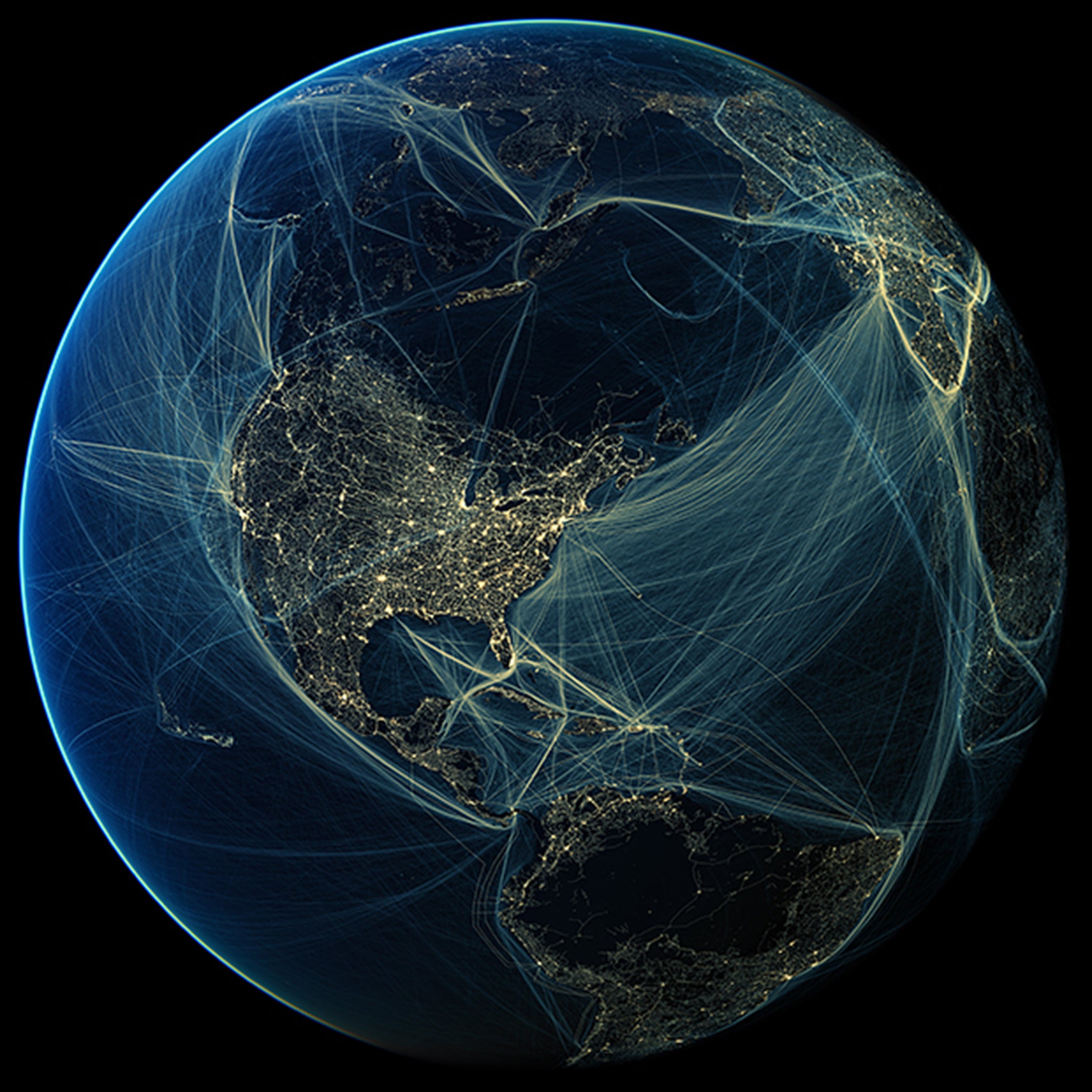Anthropocene: We might be about to move from the Holocene to a new epoch
Experts meet to discuss humanity's devastating effect on our planet

After 11,700 years, the Holocene epoch may be coming to an end, with a group of geologists, climate scientists and ecologists meeting in Berlin this week to decide whether humanity's impact on the planet has been big enough to deserve a new time period: the Anthropocene.
The term, coined in the 1980s by ecologist Eugene F. Stoermer, takes its prefix from the Ancient Greek word for human because its proponents believe the influence of humanity on the Earth's atmosphere and crust in the last few centuries is so significant as to constitute a new geological epoch.
The Anthropocene Working Group assembles in Berlin on Friday, an interdisciplinary body of scientists and humanists working under the umbrella of the International Commission on Stratigraphy and "tasked with developing a proposal for the formal ratification of the Anthropocene as an official unit amending the Geological Time Scale".

The 30-strong group, which includes a lawyer, has outlined two key questions which it will address during deliberations at the Haus der Kulturen der Welt:
"How does the recent cognition of the immense quantitative shift in the biophysical conditions of the Earth affect both scientific research and a political response to these changes?" and "Does the Anthropocene also pose a profound qualitative shift, a paradigm shift for the ways in which science, politics, and law advance accordingly?"
Following the Pleistocene, we have for the last 11,700 years lived in the Holocene epoch, which is characterised by the warmer and wetter conditions that came after the end of the last ice age and has seen humans establish new territories and the Earth's population soar.

Many scientists are happy with the Holocene as a term, but after Nobel Prize-winning atmospheric chemist popularised the "Anthropocene" at the turn of the millennium it refuses to go away and the ICS has deemed it in need of serious debate.
Based around a series of presentations by members of the AWG and statements from invited speakers from the humanities, the social sciences, and political fields, the forum will "discuss both the extraordinary changes to the Earth system as well as its consequences in setting new agendas for governing, researching, and disseminating crucial knowledge."
The group has given itself until 2016 to come up with a proposal to submit to the ISC, which ultimately determines what time period we live in - this might seem like a long way away, but when you consider the earliest epoch, the Paleozoic, began approximately 541 to 252 million years ago, it's just a speck in the Earth's history.
Join our commenting forum
Join thought-provoking conversations, follow other Independent readers and see their replies
Comments
Bookmark popover
Removed from bookmarks